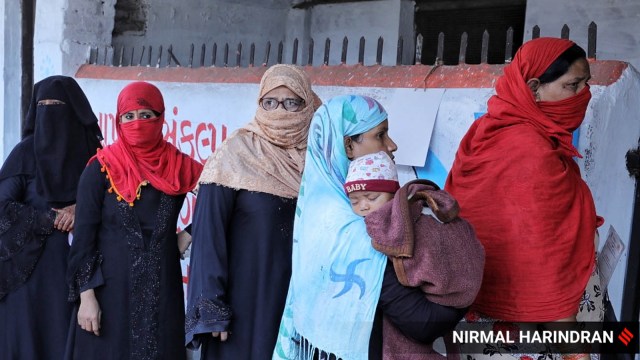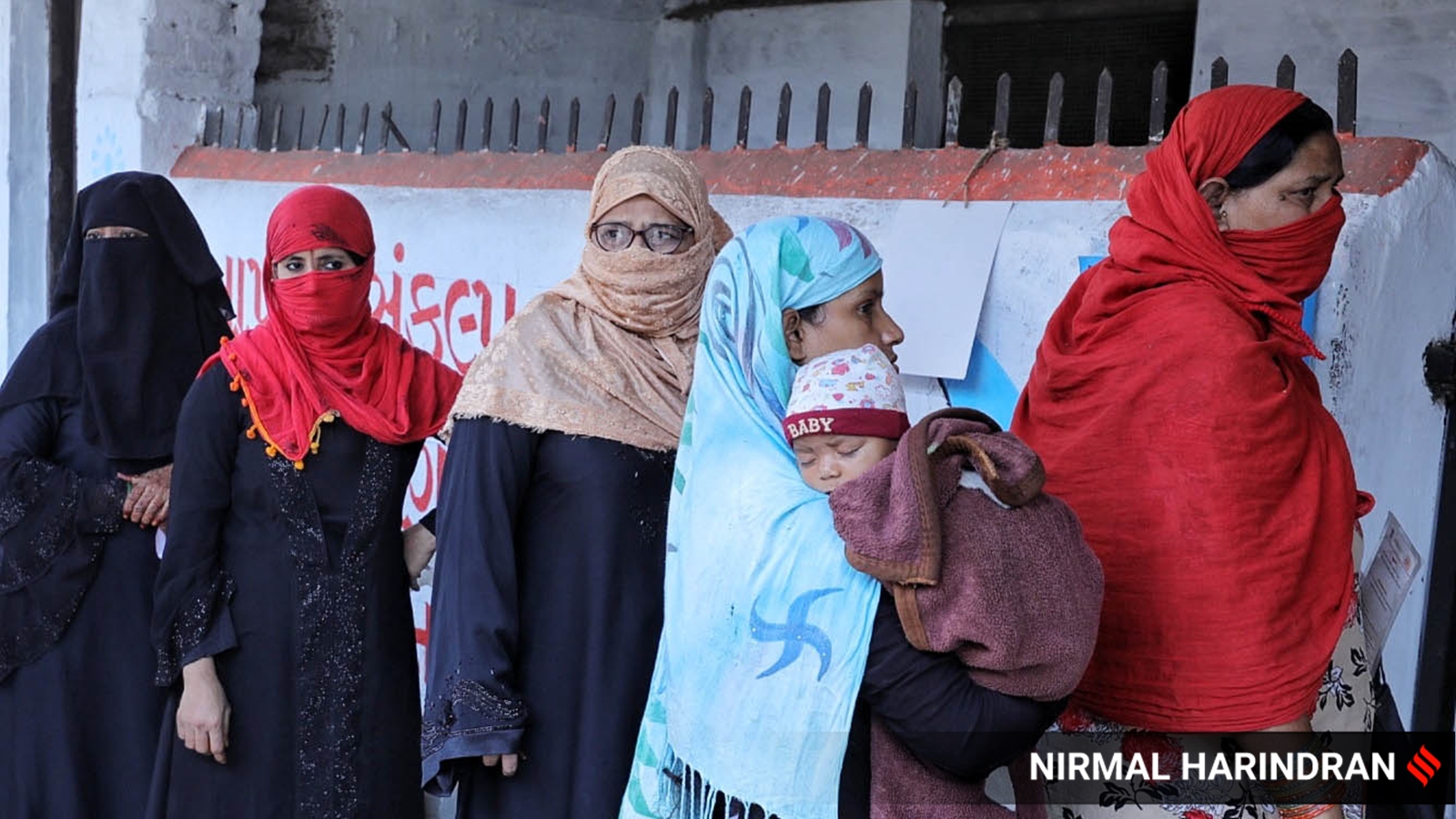
The recent Supreme Court judgment, Mohd Abdul Samad vs The State of Telangana, has upheld the divorced Muslim woman’s rights to claim maintenance under Section 125 of the Code of Criminal Procedure (CrPC), 1973. This is a socially beneficial provision. With this judgment, we have travelled a full circle from the controversial Supreme Court ruling in the Shah Bano case in 1985 (Mohd Ahmed Khan vs Shah Bano Begum), which was followed by the enactment of the Muslim Women (Protection of Rights on Divorce) Act of 1986 (MWA). This Act created a new right for the divorced Muslim woman to claim maintenance during the iddat period as well as a fair and reasonable provision for the future.
The issue now decided by the Supreme Court pertained to whether after the MWA came into force, the divorced Muslim woman is prevented from filing an application under Section 125 of the CrPC. This was a confusing issue where various high courts had given contradictory rulings over the last several decades. The Supreme Court’s decision has now cleared the ambiguity and has unequivocally held that the new Act has not extinguished the divorced Muslim woman’s rights under the beneficial provision of Section 125 of the CrPC.
What happened?
Following are the brief facts of this case. The deserted wife had approached the family court in Telangana for maintenance under Section 125 and the family court awarded her Rs 20,000 as monthly maintenance. Meanwhile, the husband divorced her and claimed that after the divorce she was not entitled to claim maintenance. He argued her rights now lie under the MWA. On his behalf, it was argued that since the 1986 Act provides a more beneficial and efficacious remedy for divorced Muslim women in contradistinction to Section 125 of the CrPC 1973, the recourse lies exclusively under the 1986 Act. In addition, it was submitted that the 1986 Act, a special law, prevails over the provisions of CrPC 1973, which is a general law. But both these submissions were rejected by the Telangana High Court. However, it reduced the amount of maintenance to Rs 10,000 per month. Against this order, the husband approached the Supreme Court.
On July 10, the bench of Justices B V Nagarathna and Augustine George Masih of the Supreme Court, in an elaborate ruling, upheld the wife’s right to claim maintenance under Section 125 of the CrPC. This was on the grounds that it is a socially beneficial provision and that the said right is not extinguished by the enactment of the MWA. This has laid to rest the prevailing controversy.
Existing precedent
An important judgment on this issue is Danial Latifi and Another vs Union of India (2001), which examined the constitutional validity of the new Act (Latifi was Shah Bano’s lawyer in the Supreme Court). A five-judge Constitution Bench of the Supreme Court, while holding that the Act is constitutionally valid, provided an innovative interpretation of Section 3(a) to secure the rights of divorced Muslim women. It held that the former husband is required to pay maintenance for the three months of the iddat period and, in addition, also provide a fair and reasonable provision for her entire life, within the iddat period (The iddat period indicates the mandatory period of three months within which the divorced Muslim woman cannot remarry).
The Court explained this to mean that the husband was required to contemplate the future needs of the divorced wife and make preparatory provisions in advance to meet these needs. When the question came up whether the Danial Latifi ruling had clarified the issue of applicability of section 125 of the CrPC to a divorced Muslim woman, it was held that this was not the core issue of contention. However, it was stated that there was no express extinguishment of the rights under Section 125 and neither the same was intended nor conceived by the legislature while enacting the 1986 Act.
It was observed that the domains occupied by the two provisions are entirely different as the secular provision stipulates an inability to maintain oneself for invoking the said rights while Section 3 of the 1986 Act stands independent of one’s ability or inability to maintain oneself. Thereby, by adopting a harmonious and purposive approach amidst the two alleged conflicting legislative protections, the divorced Muslim woman’s rights were protected.
The Court clarified that a divorced Muslim woman is entitled to all the rights of maintenance as are available to other equally situated women in the country and an interpretation otherwise would infringe upon the fundamental rights conferred through Articles 14, 15, and 21 of the Constitution. The nature of power and jurisdiction vested with a magistrate by virtue of these provisions is not punitive, neither is it remedial; it is a preventive measure. It was also observed that while any such right may or may not exist as a consequence of any of the personal laws applicable to the concerned parties, they shall continue to exist distinctively, and independently, as against the secular provision.
Way back in 1980, much before this controversy had started, Justice V R Krishnaiyer in Fuzlunbi v K Khader Vali and Another (1980), had categorically observed that the enactment of Section 125 charges the court with a deliberate secular design to enforce maintenance or its equivalent against the humane obligation, which is derived from the state’s responsibility for social welfare. It is not confined to members of one religion or region, but the whole community of womanhood.
The writer is a women’s rights lawyer and founder of Majlis, a network that assists women with litigation and legal advocacy



